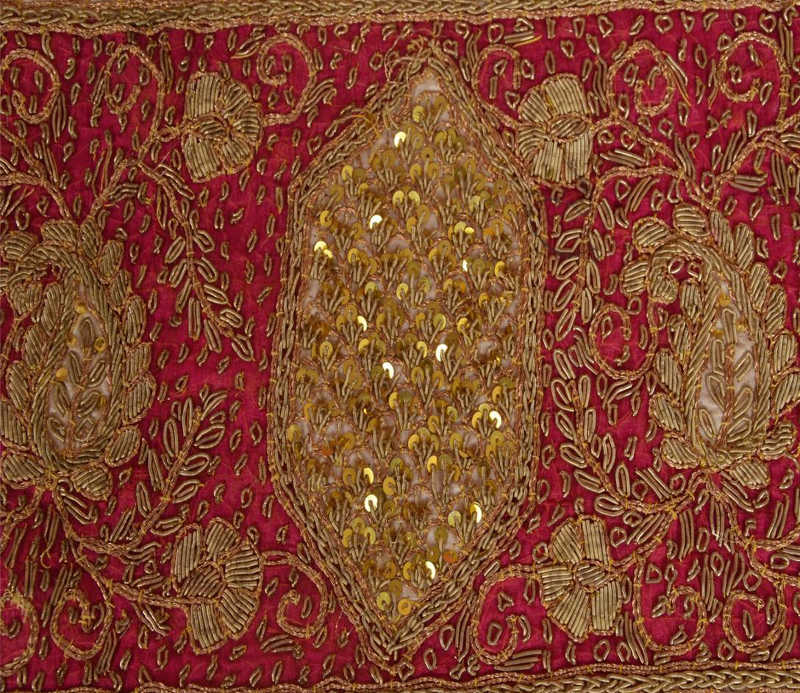===
0544,
1
===

=== |
 |
gul-e māh-tāb : 'The shadow falling in moonlight from the leaves of trees; a rose blooming at night (in India)'. (Steingass p.1093)
angārā : 'Heated charcoal, a live coal, fire, firebrand, a bit of fire, cinder, spark; burning matter'. (Platts p.96)